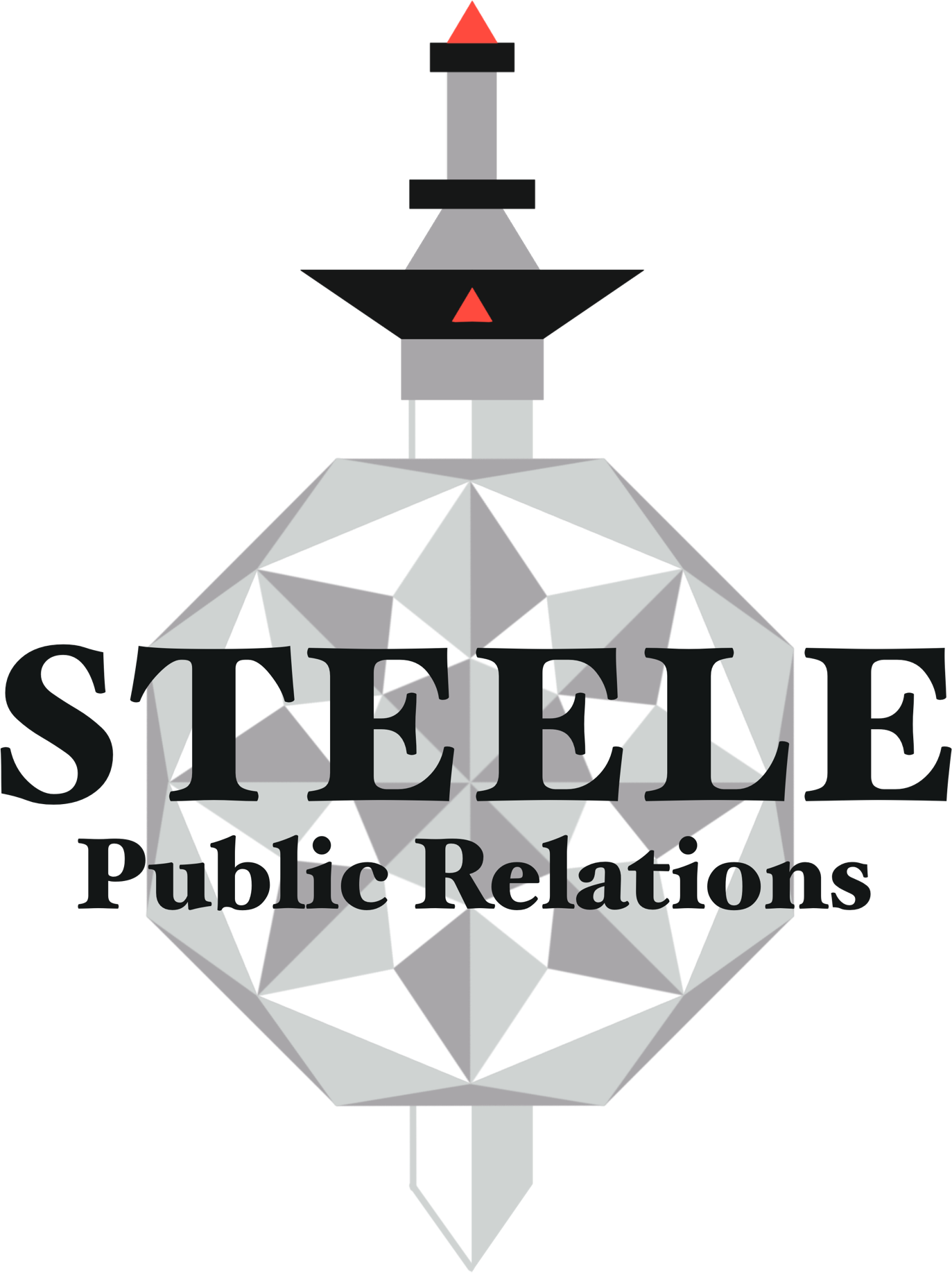How Can Steele Public Relations & Steele Recruitment Help You?
18 April 2023Physical Events vs Virtual Events – What Works Best In 2023?
21 June 2023AI: A Groundbreaking Opportunity, Or An Unwanted Challenge?

The term “AI” (which stands for artificial intelligence) has been in use for a long time, but it feels like we’re hearing a lot more – and, crucially, seeing a lot more – of what AI has to offer in the present moment. Sites such as Chat GPT are offering opportunities that range from convenient time-savers to frightening recaptures of people’s appearances, actions and voices, even for those that are no longer with us. But is the ongoing rise of AI a positive or a negative, especially in the world of marketing and public relations?
Let’s focus initially on the positives. AI provides a way to generate more content in less time due to a combination of predictive text, search engine-esque explanations of almost any given topic, and mind-mapping that conjures up a wealth of ideas within a couple of bullet points. It’s been said that the one thing we cannot change is how much time we have, but AI platforms allow processes to be sped up, thus buying time to allocate to other areas. To a busy organisation, this could make a huge difference when putting together a marketing and communications plan.
However, while the quantity of output increasing is a benefit, what really matters is the quality of output, and that’s where AI struggles. For starters, AI isn’t perfect, and this has been proven by accounts of AI-generated content that unknowingly offer misinformation. It doesn’t always happen of course, but it happens often enough for it to be a problem.
More concerning is the generic tone that so many AI-composed articles tend to take. This removes the unique individuality from an article, but of greater concern is the impact that such copy could have on the perception of its source. If articles come across as being poorly-written copy-and-paste jobs, it will stand out, and it could lead to potential readers taking their attention elsewhere. Don’t forget, too, the SEO impact of an AI article; why would Google promote an article that could theoretically be on any site rather than a story which clearly comes from one specific voice?
And then there is the potential impact for future writers in employment. Could an organisation choose to hire a team of people who would each work on an article of their own, or could an organisation hire one person to handle AI that could generate just as many articles, if not more? This would be a worrying prospect. But again, quality matters over quantity, so we would hope that such a scenario is unlikely to happen.
Nevertheless, while AI does have its benefits and could be game-changing in some industries, when it comes to marketing and public relations, the negatives outweigh the positives because the personal touch that a truly talented writer can provide would be lost. And for that reason, we would exercise caution when it comes to championing the cause of AI.
Fortunately, Steele Public Relations can provide the very highest quality with no need for AI! Learn more by clicking here.
Follow us on socials
Steele PR:
Steele Recruitment:

